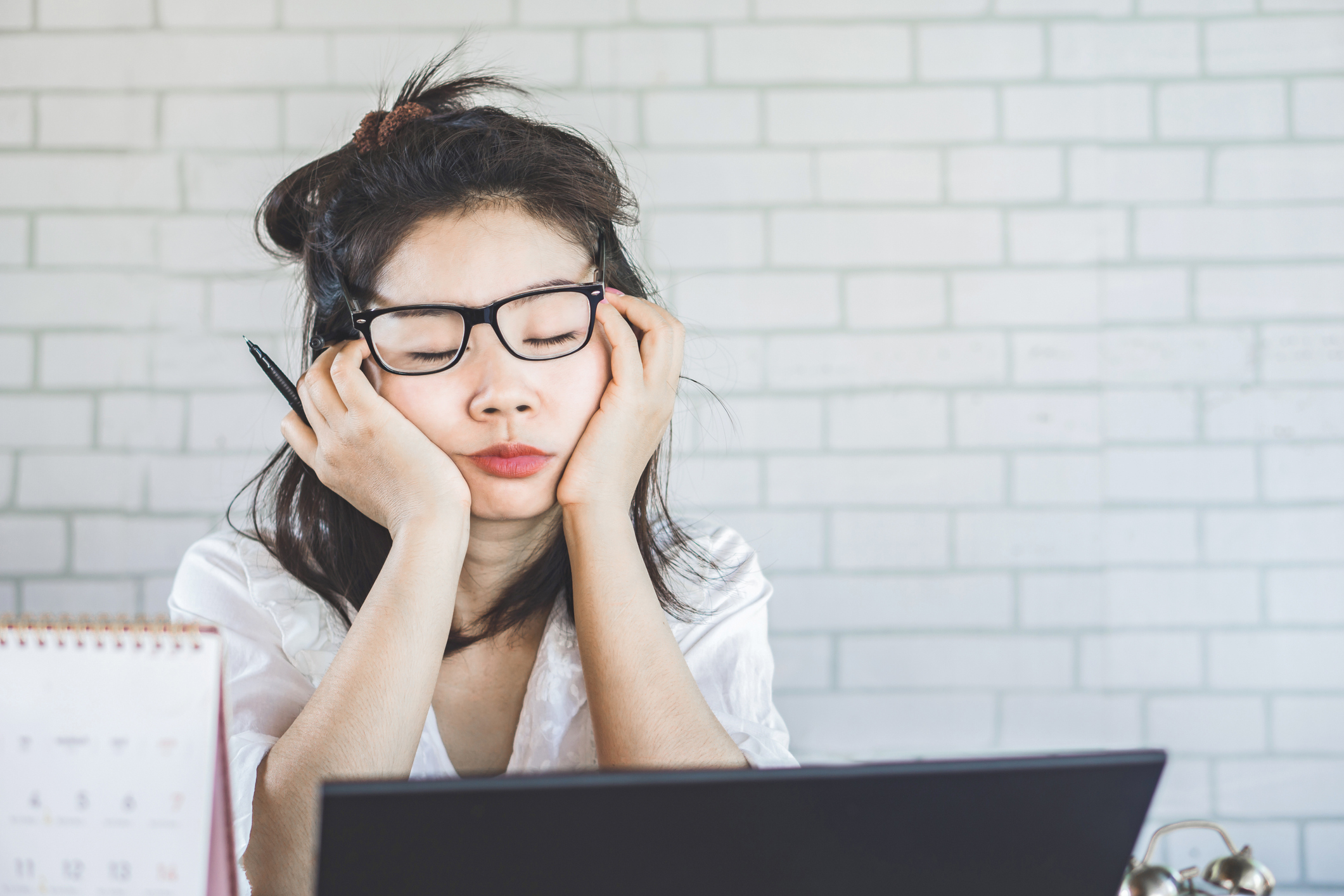How Does Sleep Deprivation Affect Our Behavior?

If you think about sleepiness or feeling tired, you likely think of it as a feeling or “state” as psychologists prefer to call it. Sleep researchers mostly see sleepiness as a sleep complaint, indicative of a lack of sleep, and define sleepiness as the “physiological inability to stay awake”. The vast majority of the sleep research on sleep deprivation and sleepiness has been focused on how sleepiness develops over the day, wears off at night, and what the negative health consequences related to the lack of sleep are.
Sleep as a motivational driver
We all know that sleep is a biological need to give the body and mind time to recover from the day before and prepare for the next one. For these essential needs, we have warning signals built-in. For instance, to meet your daily requirement of energy intake, you’ll get hungry, which then triggers you to eat. Feelings like hunger, thirst, and even sleep can be seen as a so-called primary motivational driver. And this study aimed to explore just that.
The study
The study involved over 120 people and each were asked to have their sleep measured in their homes for 3 nights in a row. On average, they slept slightly less than 8 hours per night. On the 4th consecutive night, half the participants were asked to sleep another night at home, and the other half were asked to stay awake all night in a lab. In the morning, all participants filled in a survey to assess their sleepiness and answered 23 questions on sleep motivations. Because some people had no sleep and others had regular sleep at home, there was a wide range of sleepiness levels when assessing their motivation.
Sleep and motivations
Using highly sophisticated statistical models, researchers were able to distill how the sleepiness levels were related to sleep motivations. They found that sleepiness and/or sleep deprivation increased the urge to be in a place that would allow for sleep (such as lying down, closing eyes, finding a quiet place, or being at home). They also found that as sleepiness increased, there was less appetite to engage in physical and social behaviors (like exercising or being with friends). Finally, being sleepier led to more willingness to spend money to get the rest they were craving (like purchasing sleep improvement products, for example).
While it might seem like a no-brainer, this is the first study that really shows how a lack of sleep can change and impact motivations. It also highlights that a lack of sleep might impact quality of life, reducing the motivation to engage in healthy physical and social behavior, which can affect physical and mental health in turn.
So, the next time you feel sleepy, remember that it is actually your body telling you to seek rest instead of running to the coffee maker.
You can read the full study here.